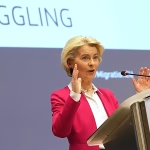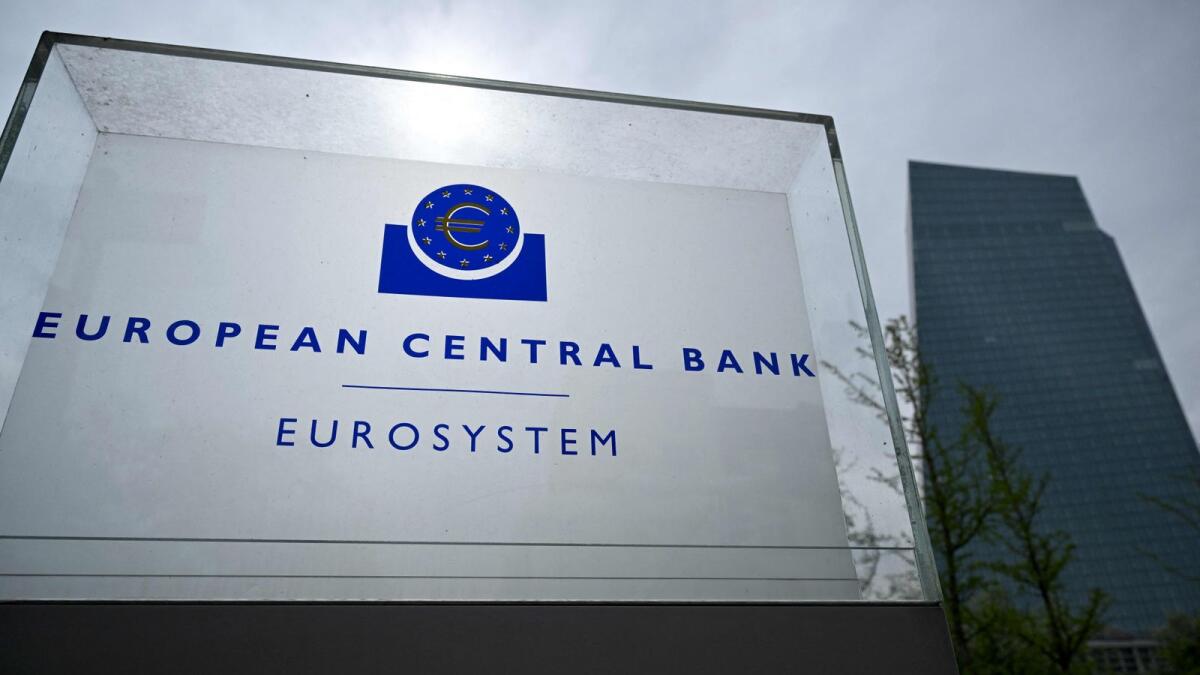The European Central Bank (ECB) is expected to keep interest rates unchanged following last month’s rate cut, as inflation continues to be unpredictable. The deposit rate was lowered from four percent to 3.75 percent in June amidst efforts to control high inflation levels. ECB president Christine Lagarde mentioned that the rate cut was made possible due to a decline in consumer prices, but emphasized that it does not signal a rapid rate-cutting cycle. Lagarde stated that the bank will take its time to gather sufficient data before making any further decisions.
Despite a slight increase in May, eurozone inflation dropped again in June to reach 2.5 percent, still above the ECB’s two percent target. This is a significant improvement from the peak of 10.6 percent in 2022 after the conflict in Ukraine led to surging energy and food prices. Lagarde mentioned that although inflation is moving in the right direction, it will likely be a challenging journey until the end of 2024. The ECB’s updated forecasts predict that inflation will return to target by late 2025, although there are risks that could impact this trajectory.
The ECB is closely monitoring wage growth in the Eurozone, as workers have been demanding salary increases to cope with rising living costs. Although wage growth remains elevated, there are signs that it may decrease over the coming months. High inflation in the services sector, standing at 4.1 percent in June, is another concern for the ECB. Despite these challenges, the Eurozone emerged from a recession with better-than-expected growth of 0.3 percent in the first quarter.
Policymakers will receive new forecasts on growth and inflation in September, which could lead to a pause in July. However, most experts anticipate that the ECB will lower borrowing costs again during the September meeting, and possibly once more by the end of the year. The decision to cut rates in September will depend on various factors, including signs of a slowdown in wage growth and the fiscal policies of European governments.
In the US, the Federal Reserve is also expected to consider a rate cut in September after delaying any changes for several months due to inflation concerns. Federal Reserve chair Jerome Powell hinted at a possible rate cut in September, stating that waiting too long could harm economic activity. The ECB and the US Federal Reserve are closely watching economic indicators and will likely take coordinated actions to stimulate economic growth and control inflation. The decisions made by these central banks will have a significant impact on the global economy and financial markets.










